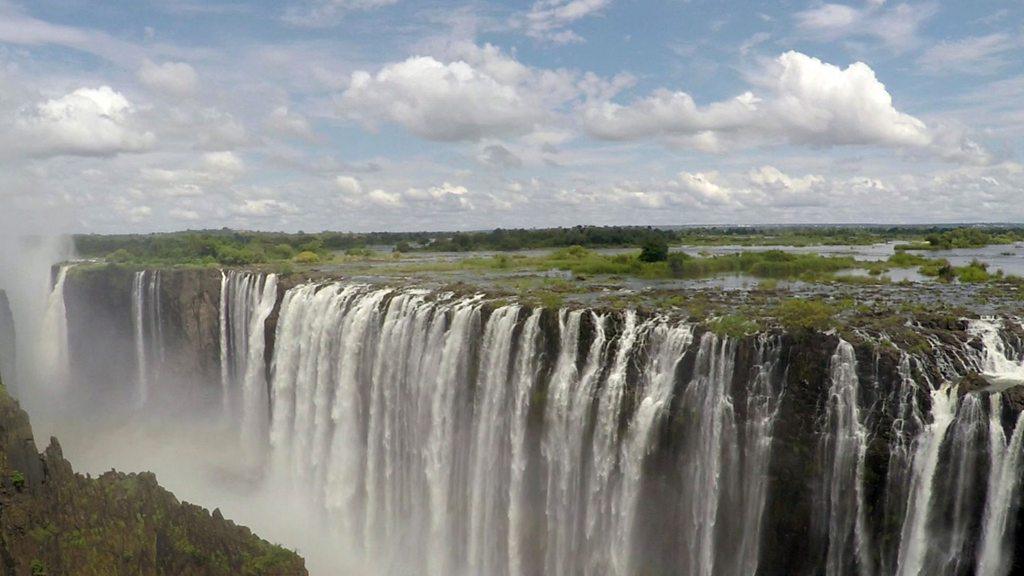Burundi floods: Lake Tanganyika's water levels rise
- Published
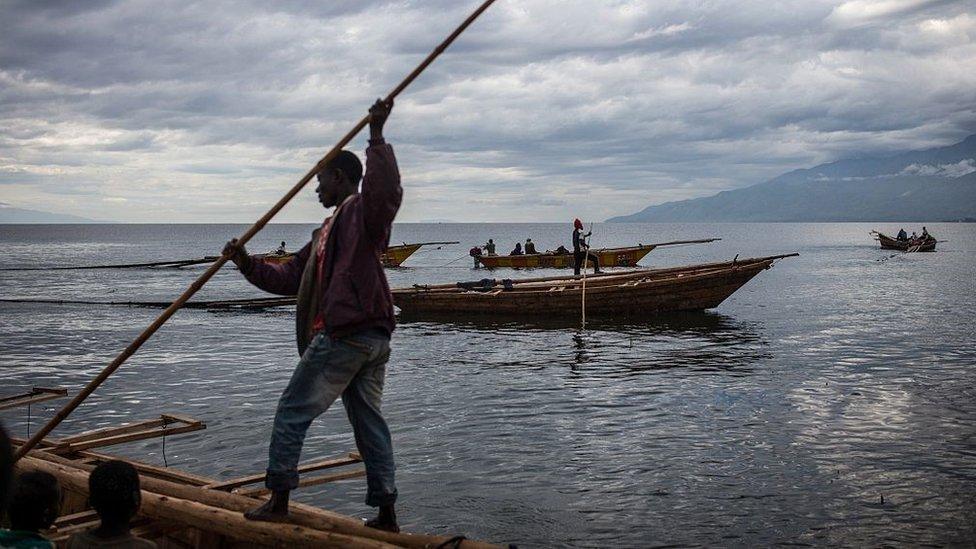
Fishing and farming are the main sources of income for people living along Lake Tanganyika
Natural disasters have forced more than 100,000 people to flee their homes in Burundi in recent years, the Save the Children charity says.
Most of them had lived on the shores of Lake Tanganyika where water levels had risen because of heavy storms, causing floods and landslides.
People described waking up at night to find their homes and farms swallowed by the lake, the world's second-deepest.
Save the Children said it was the "forgotten crisis".
Lake Tanganyika runs through Burundi and several other African states.
It is the longest fresh water lake, external in the world. Its water levels rose to 776.4 metres (2,547.2ft) above sea level in April compared with the normal average of 772.7 metres.
Many factors contribute to flooding, but a warming atmosphere caused by climate change makes extreme rainfall more likely.
The world has already warmed by about 1.2C since the industrial era began and temperatures will keep rising unless governments around the world make steep cuts to emissions.
Babies in camps
A 17-year-old told Save the Children that she and her family had lost their home when Lake Tanganyika broke its banks last year.
"It was during the night... I was sleeping and I woke up and the water was in the house. The house was destroyed a short time after we left it," she said.
Nearly 85% of the 122,500 people living in camps in Burundi have been displaced by natural disasters, rather than conflict, the charity said.
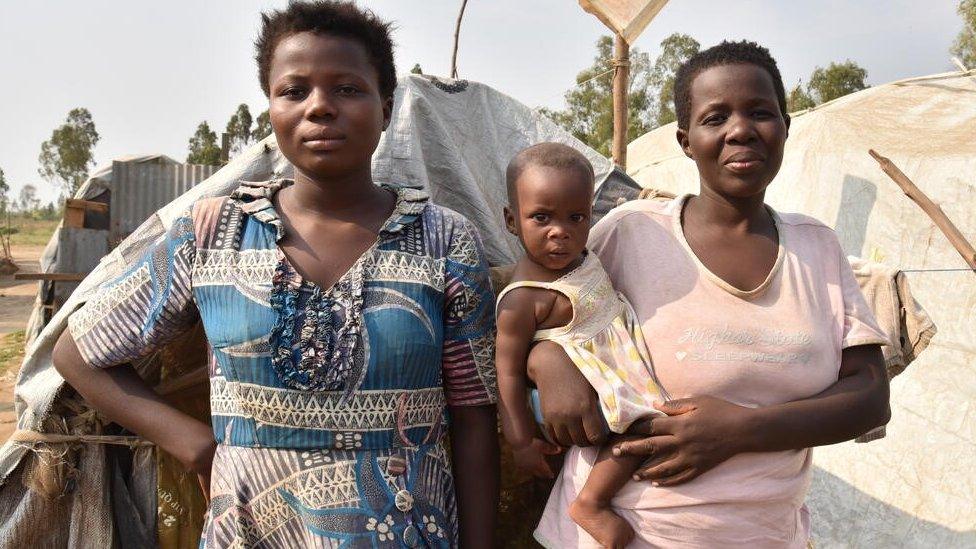
Many families lost their homes because of flooding
Children were bearing the brunt of the crisis, with about 7,200 babies under the age of one living in camps, it added.
"In Gatumba camp, which is home to 3,000 flood-displaced people, over 80% of residents are children. Most are out of school and many are only eating one meal per day," Save the Children said.
A 47-year-old mother of three said she feared her children could die of hunger: "I was a farmer before the floods came, but now my home is underwater.
"This time, the flood came over everything and never went back."
Africa's second-largest lake, Lake Tanganyika, is suffering from the effects of climate change
Related topics
- Published31 July 2023
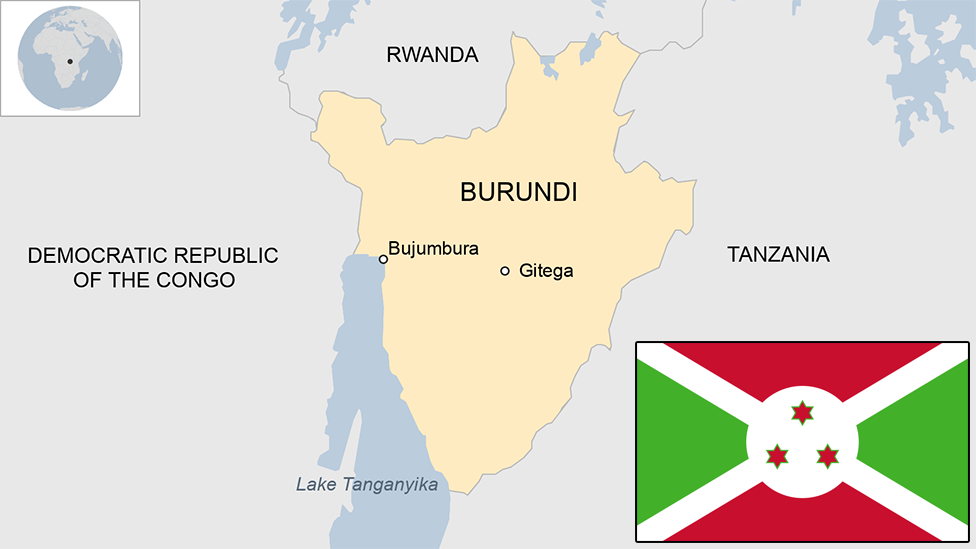
- Published17 September 2021
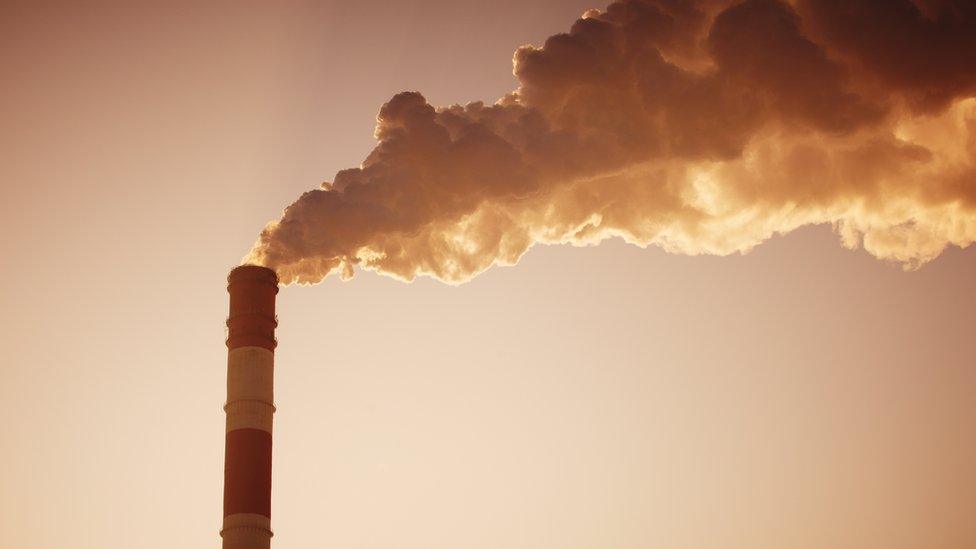
- Published15 December 2019
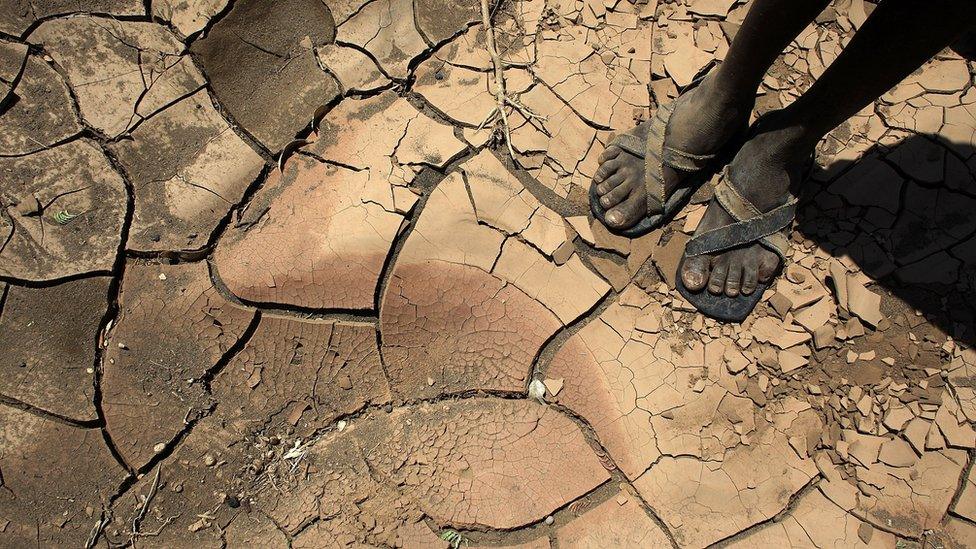
- Published25 November 2019
